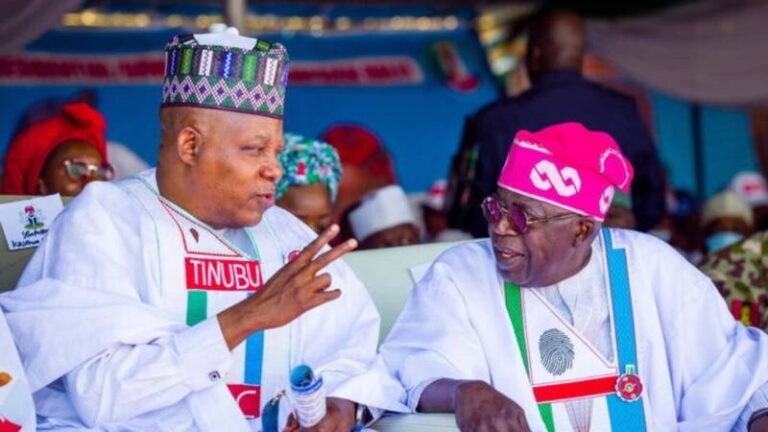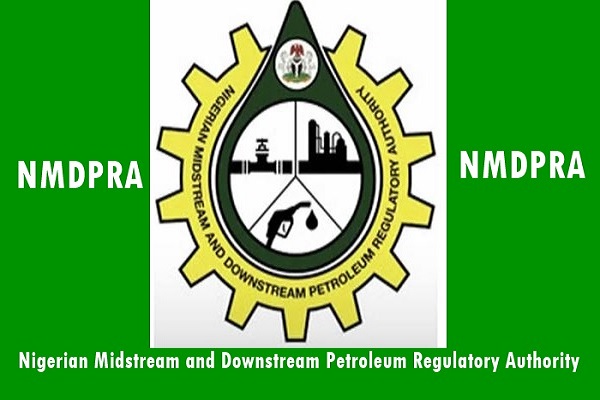
Assessing the Impact of Subsidy Removal on Nigerians' Lives and the Management of Saved Funds
The recent revelation that the Federal Government has saved approximately ₦400 billion since the removal of subsidy on Premium Motor Spirit (PMS) is indeed a significant development in Nigeria’s downstream oil sector. However, it is important to critically examine the impact of this subsidy removal on the lives and living standards of Nigerians, as well as the management of the saved funds. Furthermore, we must address the mixed reactions from industry stakeholders and delve into the potential controversies surrounding these developments.
Firstly, while the savings of ₦400 billion are undeniably substantial, it is imperative to inquire where these funds have been allocated. Has the government outlined specific plans and projects through which these savings will be channeled for the benefit of Nigerians? Transparency and accountability should be paramount in ensuring that these funds are utilized wisely, and directed towards sectors that will enhance the welfare and development of the citizens.
In light of this, Nigerians deserve clarity on how the saved funds will be utilized to address pressing issues such as healthcare, education, infrastructure development, and social welfare programs. It is essential that the government provides a comprehensive breakdown of its intended expenditure and demonstrates a commitment to executing these plans in a timely manner.
Secondly, it is important to assess the actual impact of subsidy removal on the lives of ordinary Nigerians. While the savings for the government are significant, have Nigerians experienced a corresponding improvement in their living standards? Has the removal of subsidy translated into more affordable fuel prices or any tangible benefits for the citizens? These are critical questions that demand honest evaluation.
Moreover, the concerns expressed by Chinedu Okonkwo and Billy Gillis-Harry regarding the influence of foreign exchange rates on petrol prices are valid. The fluctuation of exchange rates has a direct impact on the cost of imported petroleum products, which affects the average Nigerian. It is imperative that the government proactively manages Nigeria’s crude oil reserves, explores avenues for generating foreign exchange, and ensures that the benefits are passed on to the citizens in the form of affordable fuel prices.
Additionally, the commitment of petroleum marketers to initiate independent imports of petroleum products should be monitored closely. While this may introduce competition and potentially lead to price stabilization, it is crucial to prevent any form of exploitation or profiteering that may arise from the absence of effective regulations. The government must create an enabling environment that encourages fair competition and safeguards the interests of Nigerian consumers.
Lastly, the ongoing discussions on rehabilitating and optimizing the country’s refineries must not be treated as mere rhetoric. Concrete actions and timelines need to be established to ensure that the refineries are fully functional, thereby reducing reliance on imports and fostering self-sufficiency in the downstream oil sector.
In conclusion, the removal of fuel subsidy on PMS has yielded significant savings for the federal government. However, its impact on the lives and living standards of Nigerians remains a subject of scrutiny. The government must prioritize transparency, accountability, and the efficient management of the saved funds to address critical sectors and uplift the welfare of the citizens. Furthermore, measures should be taken to ensure that the removal of subsidy does not lead to an incessant increase in fuel prices, and efforts to rehabilitate and optimize refineries must be expedited. Only through comprehensive evaluation and diligent implementation can the benefits of subsidy removal be realized by Nigerians.







